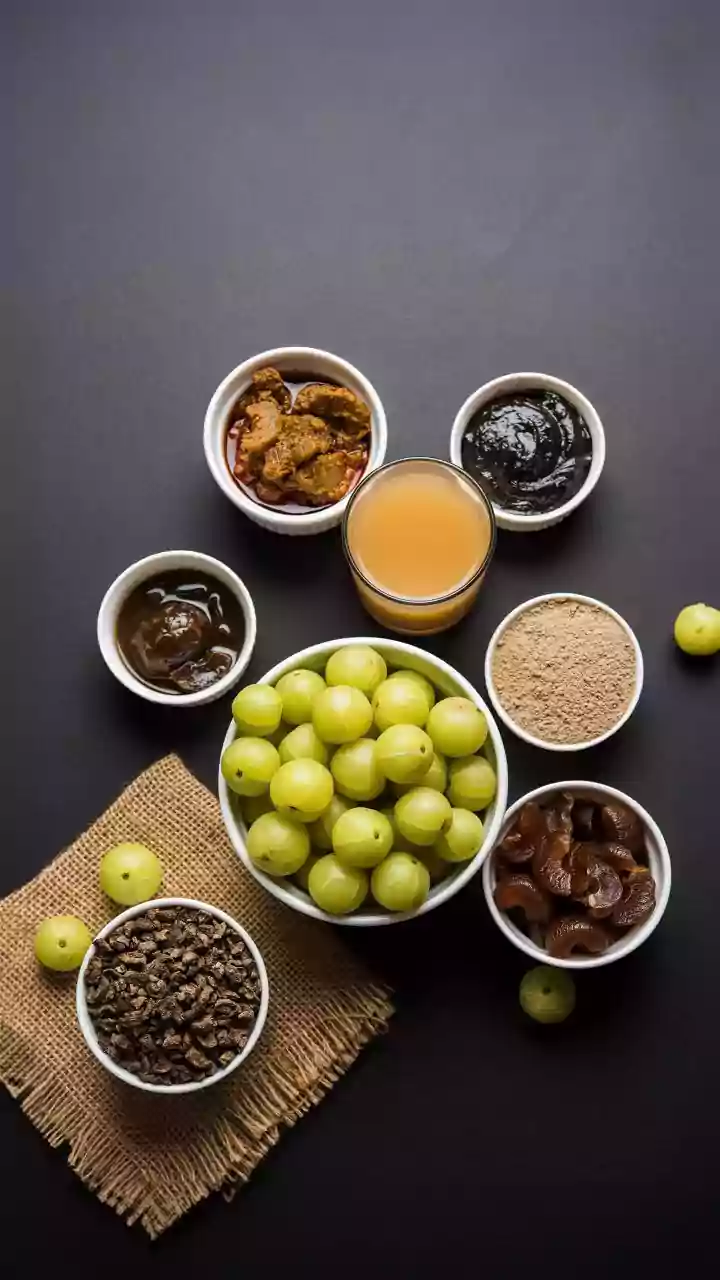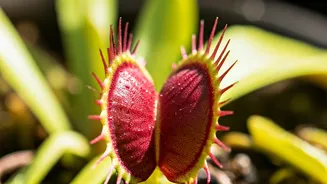Unlock the secrets to healthy skin in India! Dive into 7 solutions for common skin concerns. Read more for glowing skin!
Namaste, readers! In the diverse tapestry of Indian life, one thing unites us all:
the desire for healthy, glowing skin. From the dusty plains of Rajasthan to the humid coast of Kerala, our skin faces a barrage of environmental challenges. But fret not!
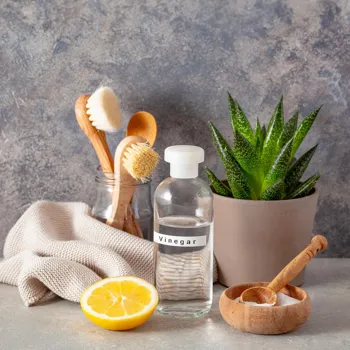
Understanding your skin and addressing common concerns is simpler than you think. Let's dive into seven everyday skin issues and practical solutions to tackle them, keeping in mind the unique needs of Indian skin.
The Pimple Predicament: Acne and Breakouts
Ah, the dreaded pimple! Acne, or breakouts, are a common foe, especially during our younger years. But it can affect adults too. In India, factors like pollution, oily food, and stress can contribute to acne flare-ups. The root cause? Blocked pores. Our skin produces oil (sebum).
When this oil mixes with dead skin cells, it can clog pores, creating a breeding ground for bacteria. This leads to inflammation, resulting in those unwanted zits. Don't worry, simple steps can provide relief.
The immediate solution is a gentle cleanser.
Opt for one with salicylic acid or benzoyl peroxide. These ingredients help to unclog pores and kill bacteria. Avoid harsh scrubbing, as this can irritate the skin and worsen the problem. Next is a spot treatment. Apply a small amount of benzoyl peroxide or tea tree oil directly to the pimple.
These ingredients help to dry out the pimple and reduce inflammation. Stay away from picking or squeezing pimples! We know it's tempting, but it can lead to scarring and further infection. Instead, be patient and let the treatment work its magic. Prevention is key.
Make sure to wash your face twice a day, especially after sweating. Use non-comedogenic skincare products (products that won't clog pores). Eating a well balanced diet and staying hydrated is essential for skin health.
The Sun's Scorching Kiss: Sun Damage and Hyperpigmentation
India, blessed with abundant sunshine, also faces the harsh reality of sun damage. Prolonged exposure to the sun's ultraviolet (UV) rays can lead to sunburn, tanning, and more serious conditions like hyperpigmentation (dark spots).

The sun’s rays damage skin cells, causing them to produce more melanin (the pigment that gives skin its color). This excess melanin leads to uneven skin tone and dark patches. This can even lead to premature aging.
So, protecting your skin from the sun is not just about aesthetics, it's about health too.
Sunscreen is your best friend. Choose a broad-spectrum sunscreen with an SPF of 30 or higher. Apply it generously 15-20 minutes before stepping out into the sun.
Reapply every two hours, especially if you are sweating or swimming. Don't forget areas like your ears, neck, and the back of your hands. Seek shade whenever possible during peak sun hours (usually between 10 am and 4 pm). Wear protective clothing like hats and sunglasses.
Look for clothing with a UPF (Ultraviolet Protection Factor) rating for added protection. Consider including antioxidant rich foods in your diet regularly like colorful vegetables and fruits. Antioxidants help to combat the damage caused by free radicals from sun exposure.
Gentle exfoliation helps to remove dead skin cells and promote cell turnover. This can help to fade dark spots and even out skin tone over time. Use a gentle scrub or a mild chemical exfoliant (like lactic acid) once or twice a week.
The Dryness Dilemma: Dry and Dehydrated Skin
Dry and dehydrated skin is a common concern, especially during the winter months or in dry climates. Factors like low humidity, harsh soaps, and hot showers can strip your skin of its natural oils, leading to dryness, flakiness, and itchiness. Dehydrated skin lacks water, while dry skin lacks oil.
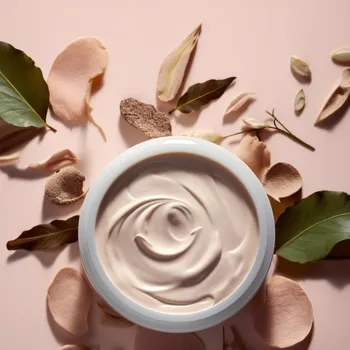
It's important to address both aspects for healthy, hydrated skin. This condition is most common in old age.
Moisturize, moisturize, moisturize! Apply a rich, hydrating moisturizer immediately after showering or washing your face. Look for ingredients like hyaluronic acid, glycerin, and ceramides.
These ingredients help to attract and retain moisture in the skin. Use mild, gentle cleansers. Avoid harsh soaps or cleansers that can strip your skin of its natural oils. Opt for fragrance-free options. Include healthy fats in your diet like nuts, seeds and avocado.
These fats help to nourish the skin from the inside out. Drink adequate amount of water. Hydration is key! Aim for at least 8 glasses of water a day. Use a humidifier, especially during the winter months. This can help to add moisture to the air and prevent your skin from drying out.
Avoid long, hot showers. Hot water can strip your skin of its natural oils. Opt for shorter, lukewarm showers instead.
The Itch That Irritates: Eczema and Sensitive Skin
Eczema, also known as atopic dermatitis, is a chronic skin condition that causes dry, itchy, and inflamed skin. Sensitive skin is more prone to irritation and reactions from skincare products or environmental factors.
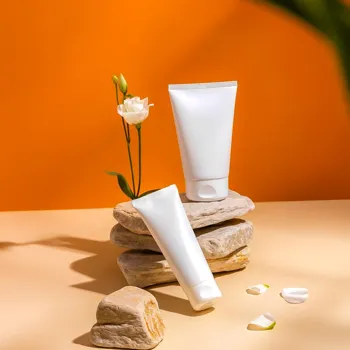
While several factors can cause eczema, it is important to understand our triggers. Both conditions require a gentle and mindful approach to skincare.
Identify your triggers. Keep a diary to track potential irritants like certain foods, soaps, or fabrics. Avoid scratching.
This can worsen the inflammation and increase the risk of infection. Keep your skin moisturized. Apply a fragrance-free, hypoallergenic moisturizer liberally throughout the day. Use a cool compress. This can help to soothe itchy and inflamed skin. Take short, lukewarm baths or showers.
Avoid hot water and harsh soaps. Choose gentle, fragrance-free skincare products. Look for products specifically designed for sensitive skin. Consult a dermatologist. If your eczema or sensitive skin is severe or persistent, consult a dermatologist for personalized treatment options.
The Uneven Tone Tango: Pigmentation and Dark Spots
Pigmentation issues, like dark spots and uneven skin tone, are a common concern for many. These can be caused by sun exposure, hormonal changes, acne scars, or inflammation. Addressing pigmentation requires patience and consistent skincare.
Remember that there are also natural remedies, but it is not a replacement for dermatological treatment.
Use sunscreen diligently. Sunscreen is crucial for preventing further pigmentation and protecting your skin from sun damage. Exfoliate regularly.
Gentle exfoliation helps to remove dead skin cells and promote cell turnover, which can help to fade dark spots over time. Consider using a brightening serum. Look for serums containing ingredients like vitamin C, niacinamide, or kojic acid.
These ingredients help to brighten the skin and even out skin tone. Be patient. Pigmentation takes time to fade. Be consistent with your skincare routine and you will start to see results over time. Consult a dermatologist.
If your pigmentation is severe or persistent, consult a dermatologist for other treatment options.
The Shadow of Fatigue : Dark Circles
Dark circles under the eyes are a common cosmetic concern that can make you look tired and fatigued. While genetics play a role, factors like lack of sleep, dehydration, allergies, and sun exposure can also contribute to dark circles. Here, the focus is on a long term solution and healthy lifestyle.
Get enough sleep. Aim for 7-8 hours of sleep per night. Sleep deprivation can exacerbate dark circles. Stay hydrated. Dehydration can make dark circles more prominent. Drink plenty of water throughout the day. Use a cold compress.
Applying a cold compress to your eyes can help to reduce swelling and constrict blood vessels, which can help to lighten dark circles. Use eye creams with caffeine. Caffeine can help to constrict blood vessels and reduce the appearance of dark circles. Protect your eyes from the sun.
Sun exposure can worsen dark circles. Wear sunglasses and apply sunscreen around your eyes when you are outdoors. Consult a doctor. If your dark circles are severe or persistent, consult a doctor to rule out any underlying medical conditions.

